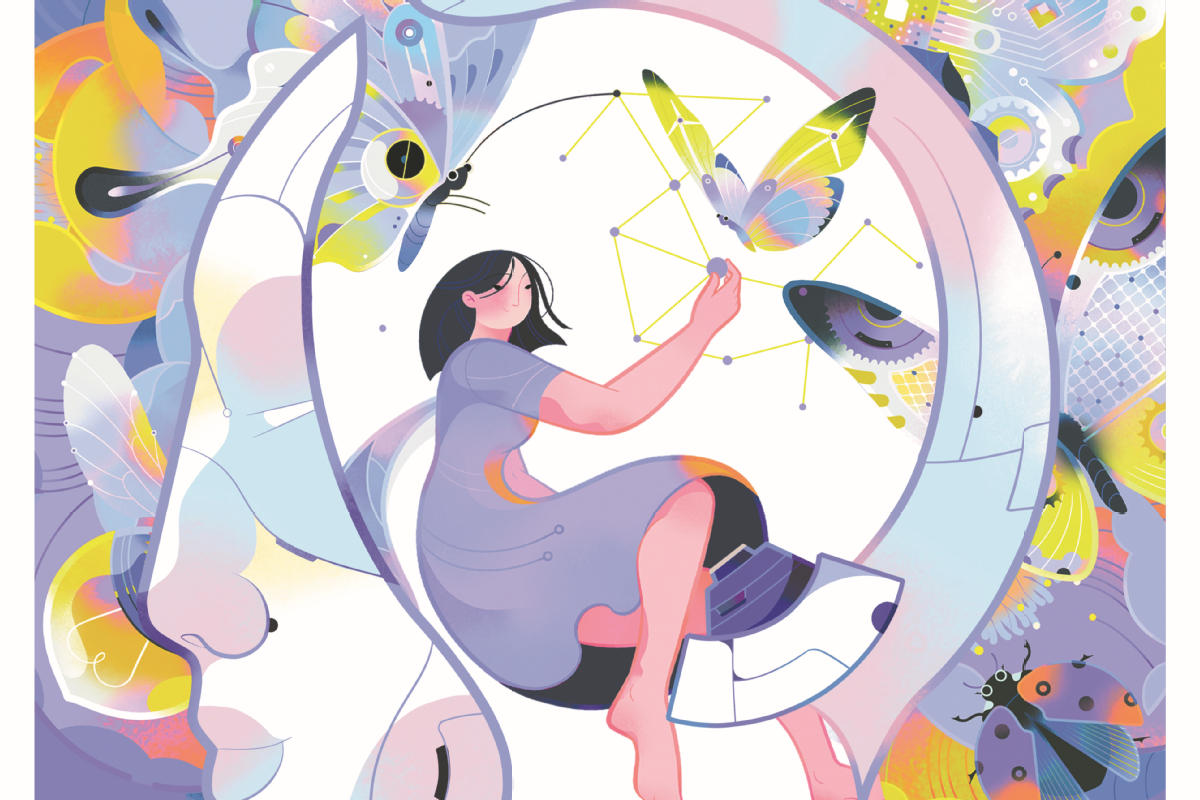Ishiba's offering to war-linked shrine angers neighbors

TOKYO — Japanese Prime Minister Shigeru Ishiba sent an offering to Tokyo's Yasukuni Shrine, his office said on Thursday, drawing criticisms from China and the Republic of Korea.
Ishiba sent the ceremonial tree, called "masakaki", on the first day of the three-day ceremony at the war-linked shrine located in central Tokyo's Chiyoda district.
This is the first time that Ishiba made such an offering since taking office on Oct 1. He is unlikely to visit the shrine during the festival, local media cited sources close to him.
The Yasukuni Shrine honors 14 convicted Class-A Japanese war criminals from World War II, including Hideki Tojo. It has long been a source of diplomatic friction for Japan and its neighbors.
For a long time, some Japanese politicians and members of parliament have insisted on visiting the shrine, which has been strongly opposed by many peace-loving people at home and abroad.
Chinese Foreign Ministry spokeswoman Mao Ning on Thursday said Yasukuni is a symbol of Japan's militaristic war of aggression.
"We urge Japan to face up to and reflect on its history of aggression and to be cautious in words and deeds regarding historical issues such as Yasukuni Shrine," Mao said.
The ROK on Thursday also expressed regret over Japanese leaders sending offerings to the notorious shrine.
ROK's foreign ministry urged leaders of Japan's new cabinet to squarely face history and demonstrate through action their humble reflection and sincere remorse for Japan's past acts, noting this will become an important foundation for the establishment of future-oriented bilateral relations based on mutual trust.
Risk of losing majority
Meanwhile, Japan's ruling party may lose its majority in the lower house, according to polls held ahead of the Oct 27 election, meaning it would likely have to rely on coalition partner Komeito to stay in power.
The Liberal Democratic Party may not reach the 233 seats it needs for an outright majority in the 465-seat chamber, the Nikkei newspaper said on Thursday. The LDP has held sole control of the chamber since it returned to power in 2012 after three years in opposition.
In a separate poll by Jiji Press, support for Ishiba's cabinet came to 28 percent, marking the lowest for new governments dating back to 2000. The survey was conducted Oct 11-14 and published on Thursday.
Ishiba's government is already depending on Komeito for a majority in the upper house. Extending that reliance to the more powerful lower house could give the group, backed by Japan's largest Buddhist lay organization, a greater say in policymaking.
Xinhua - Agencies
Today's Top News
- Xi congratulates Jose Antonio Kast on election as Chilean president
- China urges opposition to Japanese official's remarks about possessing nuclear weapons
- Ukraine says latest peace talks with US, Europe 'productive'
- Asia's rise and Europe's structural decline
- Economic stability a pillar of China's national security
- Xi taps China's deep wisdom for global good






























